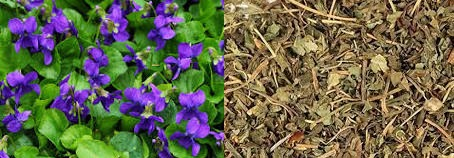Achillea millefolium, commonly known as
yarrow, is a versatile plant with a range of potential benefits, both medicinal and practical.
Here’s a rundown of its notable uses:
Medicinal Benefits
Anti-inflammatory Properties: Yarrow has compounds that may help reduce inflammation, which can be beneficial for conditions like arthritis or other inflammatory issues.
Wound Healing: Traditionally, yarrow has been used to help with wound healing due to its astringent properties, which can help staunch bleeding and promote the healing of cuts and bruises.
Digestive Health: Yarrow is sometimes used to aid digestion, as it may help relieve symptoms of indigestion, bloating, and gas.
Menstrual Health: It’s often used in herbal medicine to support menstrual health, including helping to alleviate menstrual cramps and regulate menstrual cycles.
Respiratory Health: Yarrow can be used to help with respiratory issues, including colds and flu, due to its potential to act as a diaphoretic (promoting sweating) and its soothing effects on the mucous membranes.
Antimicrobial Properties: The plant contains compounds that have been shown to have antimicrobial effects, which can help protect against various pathogens.
Practical Uses
Gardening: Yarrow is a hardy, drought-tolerant plant that can be a great addition to gardens. It attracts beneficial insects like bees and butterflies and can be used as ground cover or in border gardens.
Natural Dye: The plant has been used traditionally to make natural dyes for fabrics.
Tea and Tinctures: Yarrow is commonly used to make herbal teas or tinctures, which can be consumed for its various health benefits.
Availability: Whole herb,plant & seeds
WhatsApp/Telegram: 9858986794
Ph: 01933-223705
e-mail: jkmpic@gmail.com





